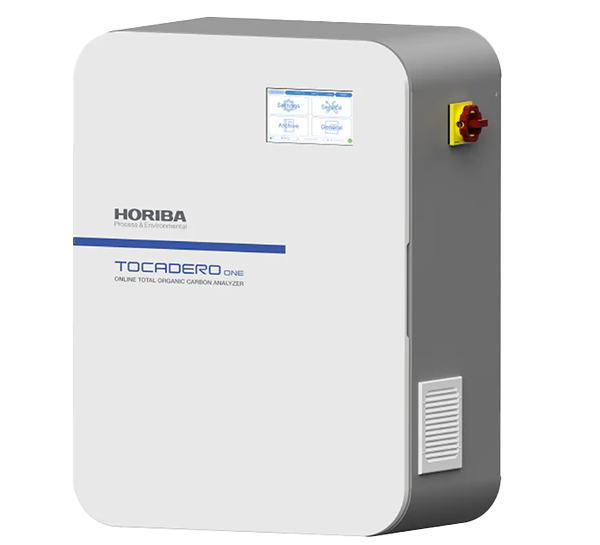Water analysis at airports

In the complex operational structure of an airport, precise monitoring of processes and a rapid response to potential risks are crucial. An airport's wastewater treatment plant plays a central role in the treatment of wastewater and compliance with strict environmental standards. In this context, the implementation of Total Organic Carbon (TOC) measurement technology for monitoring offers numerous benefits that significantly improve the efficiency, safety and environmental performance of airport operations.
In summary, the use of TOC measurement technology for monitoring offers numerous benefits for airports, particularly in the areas of process automation, quality control and environmental protection. By precisely and continuously monitoring the organic carbon content in wastewater, more efficient cleaning processes can be realized, environmental impacts can be minimized and the safety of aircraft and passengers can be ensured.
Serviceliste
-
The advantages of TOC analysisListenelement 1
TOC measurement technology enables continuous and precise monitoring of the organic carbon content in wastewater, which is crucial for process automation and online monitoring in wastewater treatment plants. By integrating TOC measuring devices into the existing monitoring system, potential contamination can be detected at an early stage and appropriate measures can be taken to optimize the purification processes. This leads to a more efficient use of resources and a reduction in operational downtime.
-
Safety and environmental protection at the airport
Precise water analysis using TOC measurement technology offers a number of advantages for quality control in wastewater treatment plants. By continuously monitoring the organic carbon content, deviations from the specified quality standards can be detected and rectified immediately. This enables a faster response to changes in the wastewater flow and an adjustment of the purification processes, which ultimately leads to improved purification performance and higher water quality.
-
TOC monitoring for surface water at the airport
Another decisive advantage of TOC measurement technology lies in its applicability for monitoring the de-icing of runways. By measuring the organic carbon content in surface water, the potential environmental impact of de-icing measures can be identified and minimized in good time. This not only contributes to compliance with strict environmental regulations, but also ensures the safety of aircraft and passengers by reducing the formation of sliding layers on runways.
-
Remote monitoring for effective management
Another important aspect is the possibility of remote monitoring using TOC measurement technology. This function makes it possible to monitor and control the wastewater treatment plant and other relevant processes remotely. As a result, operating costs can be reduced, efficiency increased and potential disruptions in the operating process can be detected and rectified at an early stage.
The Tocadero ONE is a modern, low-maintenance TOC analyzer that combines maximum precision, efficiency, and user-friendliness.
High-temperature combustion at 1,200 °C without a catalyst enables complete oxidation of even stable carbon compounds—directly in the process, in real time, and under the most demanding conditions. Developed as a flexible yet highly precise online analyzer, it is used in many areas. Also available in an Ex version.


